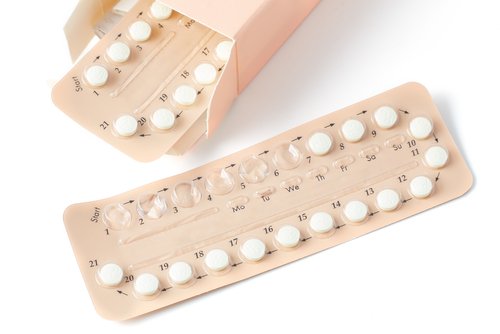Texas-based Repros Therapeutics has announced the issuance of a new U.S. patent reinforcing its intellectual property rights for Proellex, a candidate drug designed specifically to treat symptoms linked to uterine fibroids and endometriosis.
Current standard of care for these conditions is based on pain medications, hormone therapies, gonadotropin releasing hormone (GnRH) agonists, surgical removal of the affected tissues or, in more severe cases, hysterectomy.
Short-term treatment with GnRH agonists that can balance hormonal levels, such as Lupron (leuprolide acetate), Synarel (nafarelin acetate) or Zoladex (goserelin acetate) have helped women with endometriosis. However, these drugs can cause unwanted adverse side effects including menopausal-like symptoms and bone loss. For this reasons, doctors do not recommend prolonged treatment regimens lasting more than six months.
Repros’ lead compound Proellex (telapristone acetate) is a new drug that selectively blocks the receptor of the hormone progesterone, inhibiting its activity. It is currently being tested in a Phase 2 placebo-controlled clinical trial (NCT01728454) to determine its safety and efficacy for treating symptomatic endometriosis in premenopausal women. The U.S. Food and Drug Administration (FDA) has not yet approved any orally administered drugs for long-term endometriosis treatment.
The new patent (US9283234), which expires in 2027, is for the use of selective progesterone receptor modulators in specific telapristone acetate (Proellex) or ulipristal acetate (Esmya).
Under its terms, Repros now has rights to use any of these drugs with an off-drug interval (ODI) required for the treatment of estrogen-dependent hyperproliferative uterine conditions, such as uterine fibroids and endometriosis. ODI is the time required for the patient to menstruate, and then restart another period of daily administration of the drug.
Proellex is also undergoing Phase 2 trials for uterine fibroid treatment, and the company expects to develop further studies on vaginally delivered Proellex formulation under a FDA-accepted Investigational New Drug application.

